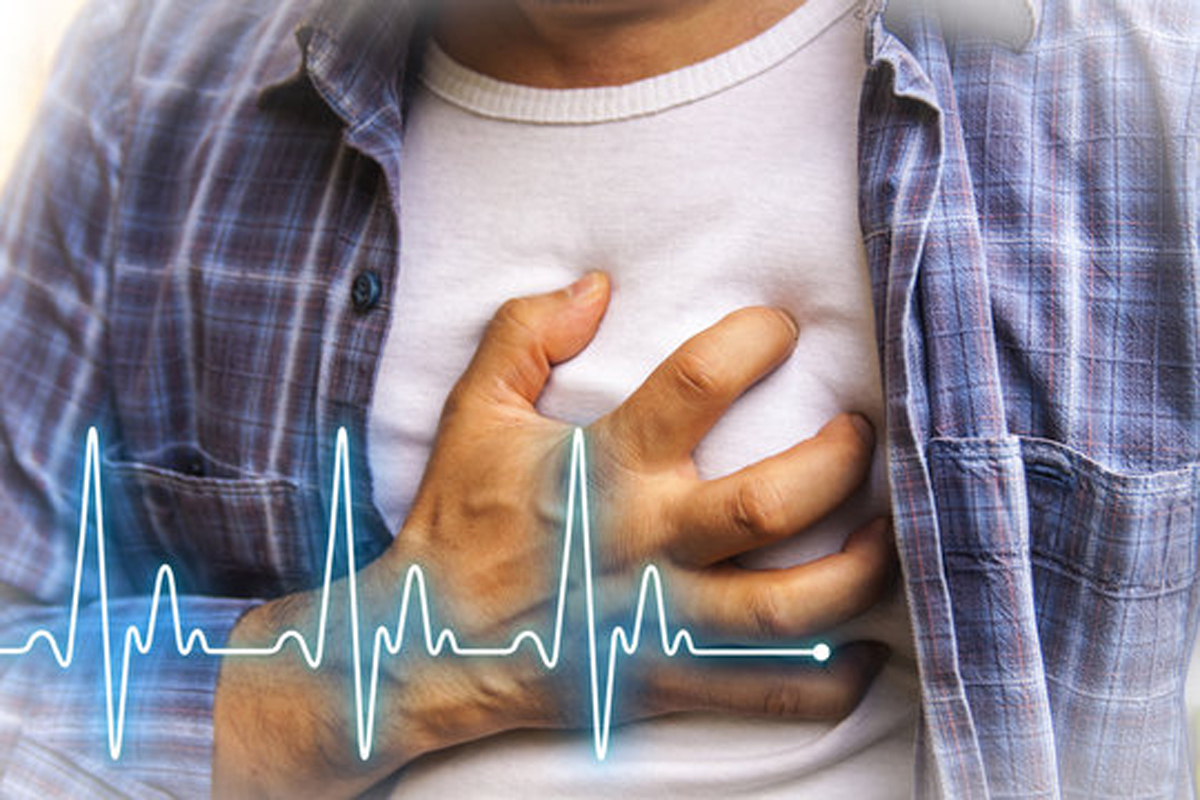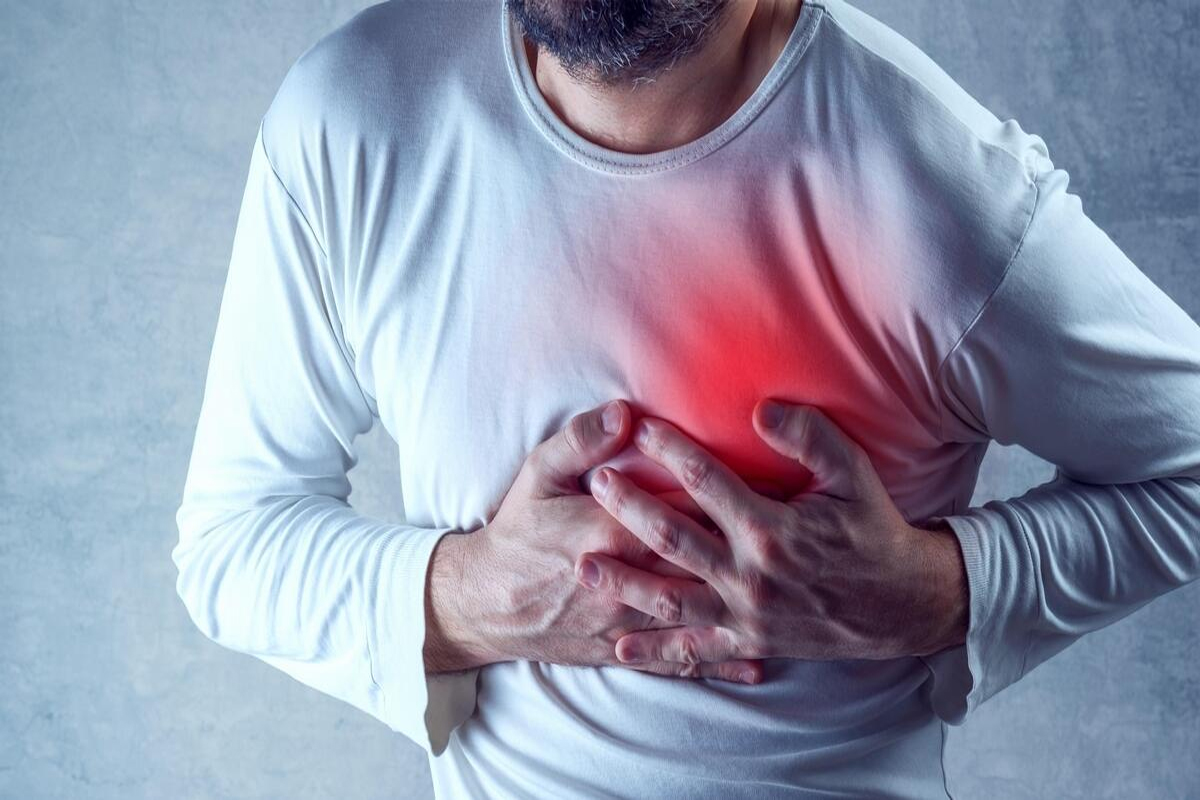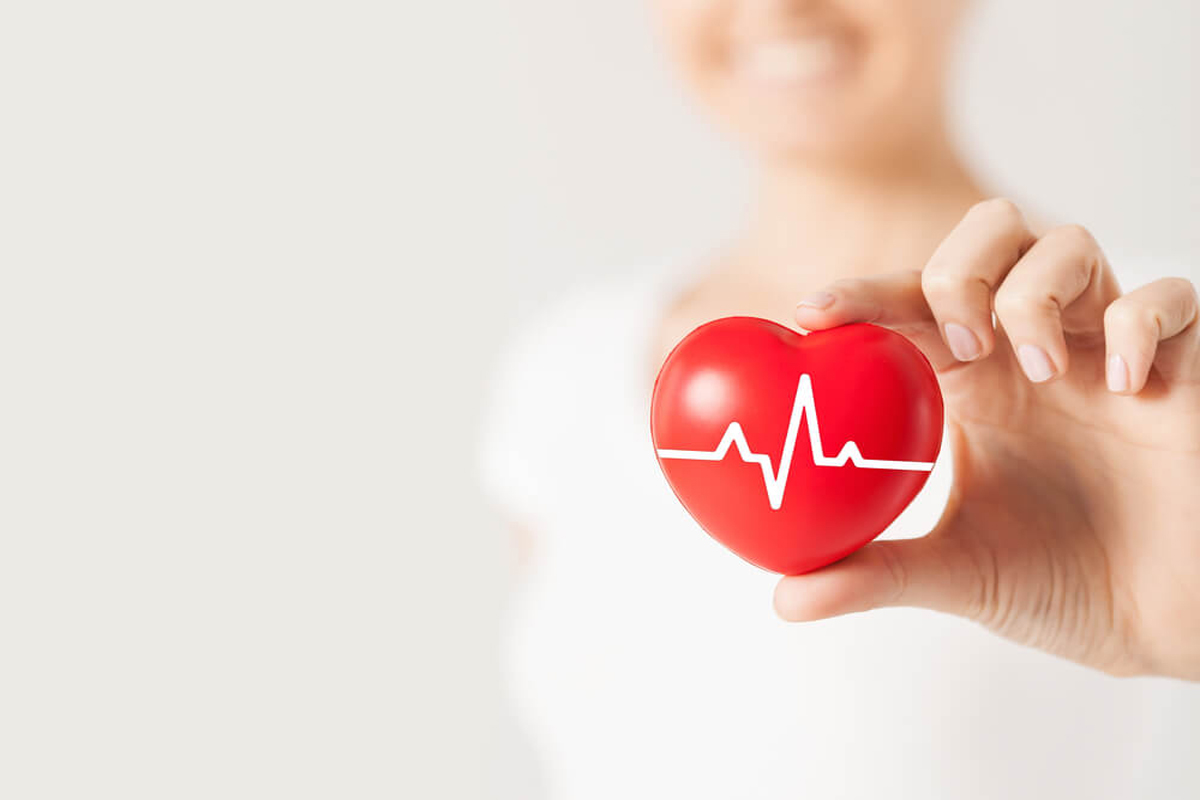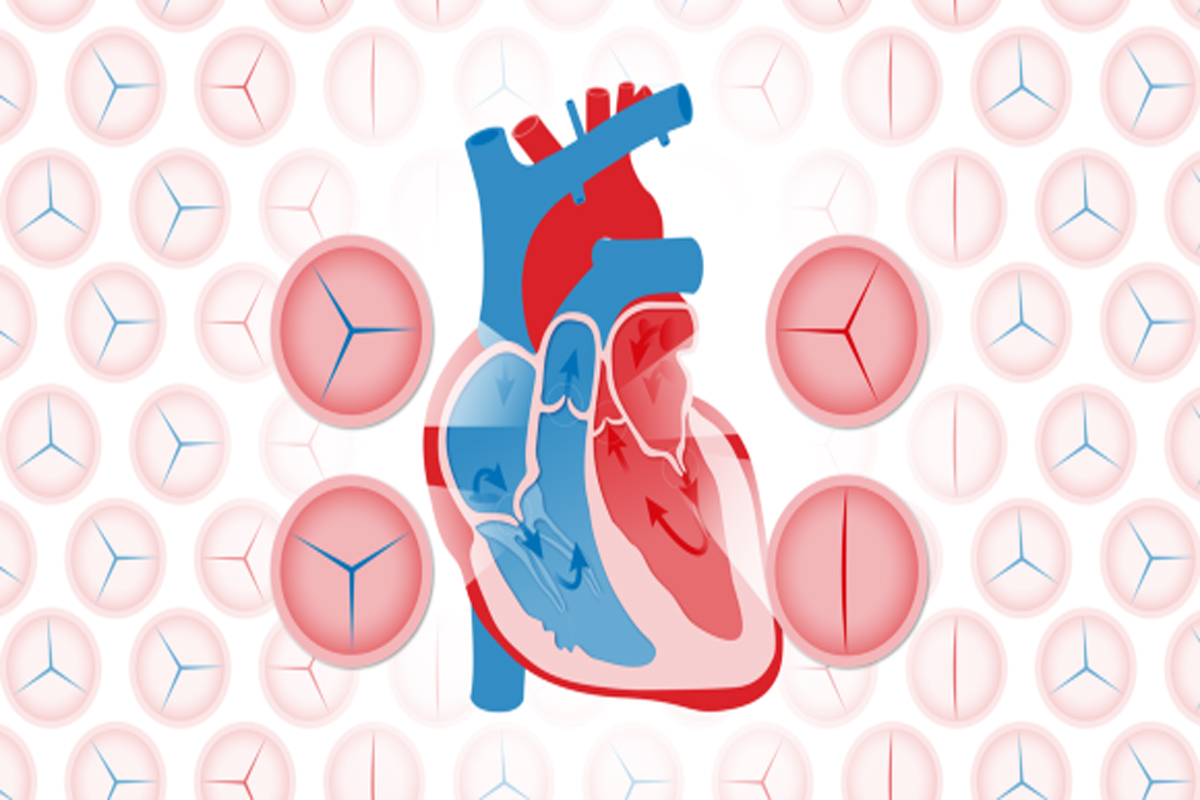
How to Identify if It’s a Heart Attack or Gas Pain
By in Cardiology Interventional Cardiology
Aug 12, 2024
Chest pain can be alarming, often causing immediate concern about a potential heart attack. However, not all chest pains are related to heart problems; some may be caused by gastrointestinal issues like gas. Distinguishing between the two is crucial for ensuring timely medical intervention when needed. This article explores the key differences between heart attack pain and gas pain, helping you identify the symptoms and seek appropriate care.
Understanding Heart Attack Pain
A heart attack, also known as a myocardial infarction, occurs when blood flow to a part of the heart is blocked, resulting in damage to the heart muscle. The pain associated with a heart attack has distinct characteristics:
1. Nature of Pain
Intensity and Duration: Heart attack pain is often intense and persistent, lasting for more than a few minutes or recurring intermittently. It is typically described as a crushing, squeezing, or pressure-like sensation.
Location: The pain usually originates in the chest, often radiating to other areas such as the left arm, neck, jaw, or back. It can also be felt in the stomach area, mimicking indigestion.
2. Associated Symptoms
Shortness of Breath: Difficulty breathing or feeling out of breath, even when resting, is a common symptom.
Sweating: Excessive sweating, often described as a cold sweat, accompanies heart attack pain.
Nausea and Vomiting: Some people may feel nauseous or vomit during a heart attack.
Dizziness or Lightheadedness: Feeling faint or dizzy is a common symptom, especially in women.
Palpitations: Irregular heartbeats or palpitations can occur during a heart attack.
Understanding Gas Pain
Gas pain is caused by the accumulation of gas in the digestive system, leading to discomfort. Although it can be intense, it generally has different characteristics compared to heart attack pain:
1. Nature of Pain
Intensity and Duration: Gas pain can be sharp and cramp-like, but it is usually not as severe as heart attack pain. The pain may come and go & can often be relieved by passing gas or having a bowel movement.
Location: Gas pain is often localized in the abdomen, particularly in the upper abdomen. It can radiate to the chest, creating confusion with heart-related pain.
2. Associated Symptoms
Bloating: A feeling of fullness or swelling in the abdomen is common with gas pain.
Belching and Flatulence: Passing gas through belching or flatulence often provides relief from the pain.
Indigestion: A sensation of indigestion or heartburn frequently accompanies gas pain.
No Additional Symptoms: Unlike heart attacks, gas pain usually does not come with symptoms like shortness of breath, sweating, or dizziness.
Key Differences Between Heart Attack & Gas Pain
1. Pain Quality and Location
Heart attack pain is typically described as pressure or tightness, often radiating to other parts of the body, while gas pain is more likely to be sharp, cramp-like, and confined to the abdomen or lower chest.
2. Duration and Relief
Heart attack pain is persistent and unrelenting, whereas gas pain can fluctuate and is often relieved by passing gas or changing positions.
3. Associated Symptoms
Heart attack pain is accompanied by additional symptoms such as shortness of breath, sweating, and dizziness. Gas pain, on the other hand, is usually associated with bloating, belching, and flatulence.
When to Seek Medical Attention
If you experience chest pain accompanied by symptoms like shortness of breath, sweating, nausea, or dizziness, it is crucial to seek immediate medical attention. These could be signs of a heart attack, and timely intervention can be life-saving. Conversely, if the pain is clearly related to digestive issues and is relieved by passing gas, it is likely to be gas pain. However, if there is any doubt, it is always better to err on the side of caution and consult a healthcare professional.







